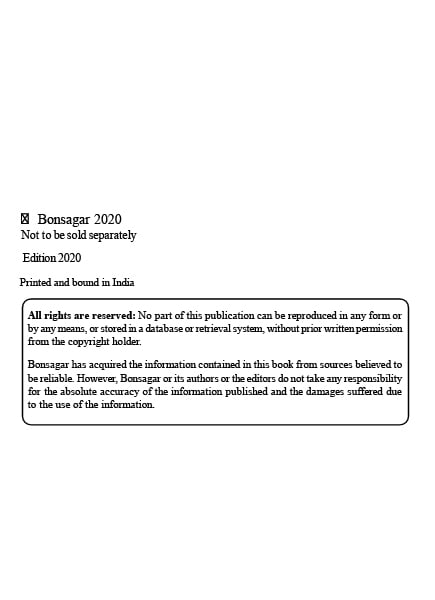
The Crucial Role of Campus Recruitment in Today’s Competitive Job Market
Introduction
In the rapidly evolving landscape of the modern job market, campus recruitment has emerged as a pivotal strategy that holds immense significance for both employers and job seekers. This process involves identifying and hiring talented individuals directly from educational institutions before they formally enter the workforce. In recent years, campus recruitment has gained unprecedented importance due to the changing dynamics of industries, the growing demand for specialized skills, and the need for companies to stay competitive in a globalized economy. This article delves into the multifaceted reasons why campus recruitment has become so vital in today’s dynamic job market.
1. Bridging the Skills Gap
One of the most compelling reasons behind the prominence of campus recruitment today is its ability to bridge the gap between the skills possessed by graduates and the skills required by industries. As industries advance at an unprecedented pace, the demand for cutting-edge skills has surged. Campus recruitment allows companies to tap into a pool of fresh graduates who are equipped with the latest knowledge and skills acquired during their education. This ensures that businesses remain relevant and competitive by acquiring talent that is up to date with the latest technological and industry trends.
2. Infusion of Fresh Perspectives and Innovations
The infusion of fresh perspectives and innovative ideas is a hallmark of campus recruitment. Graduates, having recently engaged in academic pursuits, bring with them a unique outlook on problem-solving and a willingness to challenge established norms. This injection of new ideas can invigorate stagnant corporate cultures and lead to breakthrough innovations that drive a company’s growth. By hiring from campuses, organizations open doors to a wellspring of creativity that might otherwise remain untapped.
3. Tailored Skill Acquisition
Campus recruitment enables companies to cherry-pick candidates with skill sets that directly align with their requirements. This is especially important in specialized industries where certain skills are crucial for success. By hiring individuals with the right skill sets, companies can significantly reduce the time and resources required for training. This tailored skill acquisition not only boosts productivity but also contributes to employee job satisfaction, as they can immediately apply their acquired skills to meaningful tasks.
4. Cost and Time Efficiency
Recruitment processes can be resource-intensive in terms of time, effort, and money. Campus recruitment streamlines this process by providing a platform for companies to interact with a diverse pool of potential candidates all in one place. This not only reduces the time spent on recruitment but also cuts down on costs associated with advertising, travel, and accommodation. In a world where efficiency is paramount, campus recruitment offers a cost-effective way to identify and secure top talent.
5. Cultural Fit and Organizational Cohesion
Cultural fit is an essential factor in employee satisfaction and organizational success. Campus recruitment allows companies to interact with potential candidates in a more relaxed and informal setting, giving both parties the opportunity to assess whether their values and goals align. This alignment of values contributes to a cohesive work environment, where employees are more likely to thrive and collaborate effectively, ultimately enhancing the company’s performance.
6. Long-Term Investment in Talent
Campus recruitment is not just about filling immediate job vacancies; it’s about nurturing future leaders. By recruiting fresh graduates, companies can invest in their professional growth from an early stage. Many organizations offer comprehensive training and development programs to help graduates transition smoothly into their roles. This investment not only benefits the organization by cultivating a skilled and loyal workforce but also provides individuals with a platform to build a fulfilling career.
7. Fostering Diversity and Inclusion
Diversity and inclusion have become integral to modern workplace dynamics. Campus recruitment offers a unique opportunity for companies to diversify their workforce by tapping into a pool of talent from various backgrounds, cultures, and regions. A diverse workforce promotes creativity, encourages varied perspectives, and enhances problem-solving capabilities. By engaging in campus recruitment, companies can actively contribute to a more inclusive and equitable job market.
8. Strengthening Industry-Academia Partnerships
Effective campus recruitment necessitates strong collaboration between educational institutions and industries. This collaboration can lead to the development of curricula that better align with industry needs, producing graduates who are better prepared for the professional world. Additionally, it encourages the exchange of knowledge and ideas, benefiting both academia and industries and fostering an environment of continuous learning and improvement.
Conclusion
In an era defined by technological advancements, rapid industry changes, and global competition, campus recruitment has emerged as a linchpin in the job market. The value it brings to companies, educational institutions, and graduates cannot be understated. From bridging the skills gap and nurturing innovation to fostering diversity and long-term talent investment, campus recruitment plays a pivotal role in shaping the workforce of today and tomorrow. As organizations continue to harness the potential of campus recruitment, they are not only securing their own success but also contributing to the growth and prosperity of the entire job market ecosystem.





 Book your Admission for CLAT 2018 Crash Course
Book your Admission for CLAT 2018 Crash Course